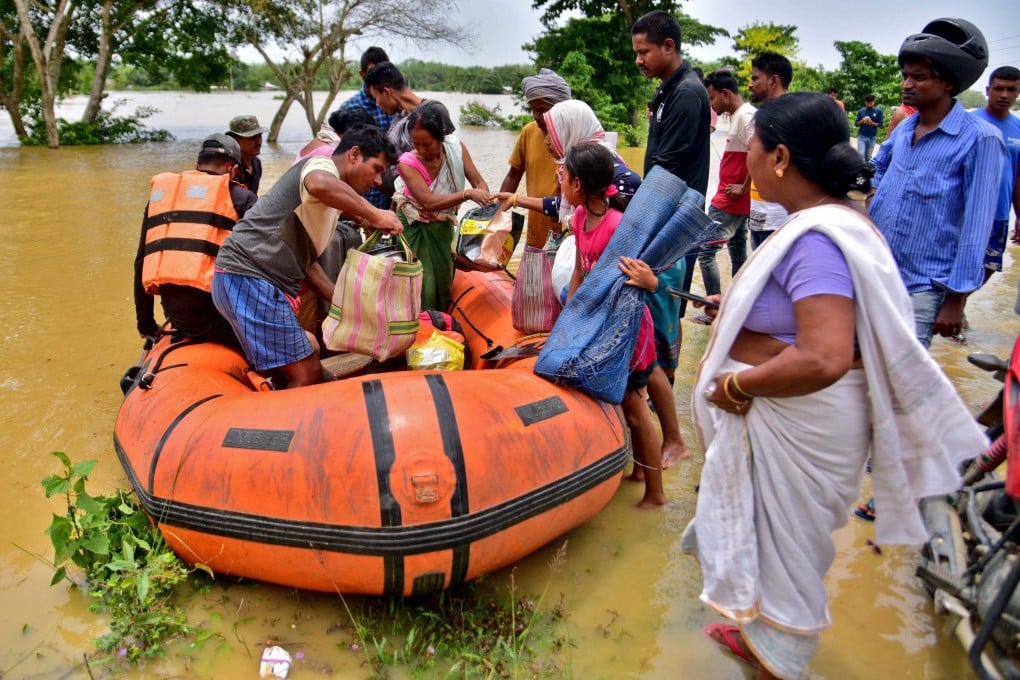Advertisement
Eye on Asia | Covid-19, climate change and conflict have left Asia-Pacific at a crossroads
- The region has made tremendous progress in the past 75 years, but now it faces a series of overlapping and cascading challenges
- We need crisis-prepared policies to protect our most vulnerable populations and get back on track to achieve the Sustainable Development Goals
Reading Time:3 minutes
Why you can trust SCMP

The Asia-Pacific region is at a crossroads today. It could further break down or break through to a greener, better and safer future. Since the Economic and Social Commission for Asia and the Pacific (ESCAP) was established in 1947, the region has made extraordinary progress and emerged as a pacesetter of global economic growth that has lifted millions out of poverty.
Yet, as ESCAP celebrates its 75th anniversary this year, we find ourselves facing our biggest shared test amid cascading and overlapping impacts from the Covid-19 pandemic, raging conflicts and the climate crisis.
Few have escaped the effects of the pandemic. Millions of people have been pushed back into extreme poverty, with millions more losing their jobs or livelihoods and a generation of children and young people missing precious time for education and training.
Advertisement
As the pandemic surges and ebbs across countries, the world continues to face the grim implications of failing to keep the temperature increase below 1.5 degrees Celsius and continuing to degrade the natural environment. Throughout 2021 and 2022, countries across Asia and the Pacific were battered by a series of natural disasters, with climate change increasing their frequency and intensity.
Meanwhile, the rapidly evolving crisis in Ukraine will have wide-ranging socioeconomic impacts. Higher prices for fuel and food are increasing food insecurity and hunger across the region.
Advertisement
Rapid economic growth in Asia and the Pacific has come at a heavy price, and the convergence of these three crises has exposed fault lines in a short time. Unfortunately, the hardest-hit people are those with the fewest resources to endure the hardship. This disproportionate pressure on the poorest and most vulnerable is deepening and widening inequalities in both income and opportunity.
Advertisement
Select Voice
Choose your listening speed
Get through articles 2x faster
1.25x
250 WPM
Slow
Average
Fast
1.25x
